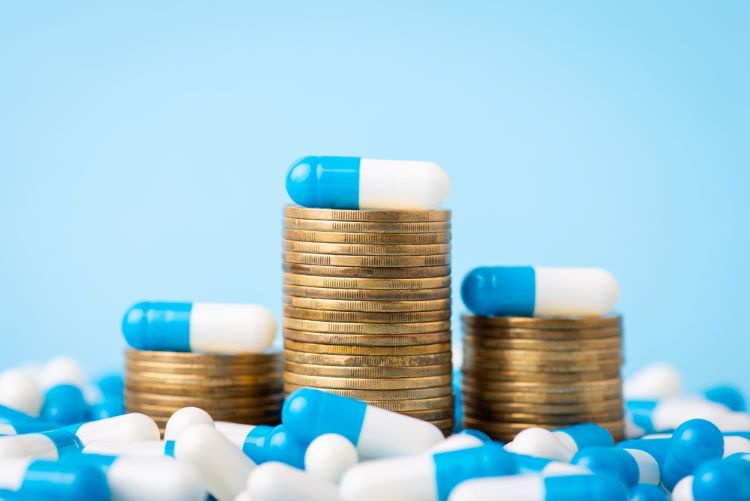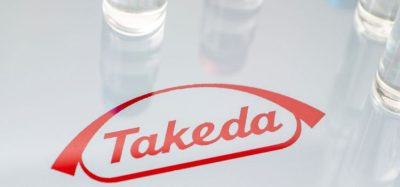ABPI warns against revenue clawback rate rises
Posted: 3 February 2023 | Catherine Eckford (European Pharmaceutical Review) | No comments yet
The Association of the British Pharmaceutical Industry (ABPI) has urged immediate government action is needed against the planned UK statutory revenue clawback rate rise for branded medicines.


A key consultation by the Department of Health and Social Care (DHSC) is underway on plans to raise the statutory revenue clawback rate paid by companies subject to the Statutory Scheme for branded medicines from 24.4 percent to 27.5 percent. This is nearly three times what firms may have anticipated just a few years ago.
The Association of the British Pharmaceutical Industry (ABPI) warned the planned rate rise sent the worst possible signal to global investors and boardrooms at a time UK life sciences are already facing significant challenges.
The statutory revenue clawback rate rise
The pharmaceutical industry wants the Statutory Scheme rate to be left unchanged. This will allow time for key negotiations between the government and industry on the new Voluntary Scheme. The ABPI has asked for the existing rate to be sunsetted at the end of 2023 to prevent it from further depressing future long-term life science investment in the UK. A new, appropriate rate can be set at the end of the year once a new framework is in place.
The rise is intended to mirror a similar record clawback rate rise from 15 percent to 26.5 percent announced last year under a related Voluntary Scheme (VPAS). Under the agreement, any medicine used by the NHS above a two percent nominal growth cap is fully subsidised by the industry. This historically saw an average clawback rate of seven percent prior to the pandemic.
Impact on the UK’s pharmaceutical industry
The UK’s share of global pharmaceutical R&D has been declining over the past decade, falling from 4.9 percent in 2012 to 3.2 percent in 2022, the industry body stated.
There has been a 44 percent decline in patient access to industry clinical trials versus 2017/2018. While improvements in specific areas due to limited NHS England access deals have been made, unwarranted variation in medicines access across the UK persists. Across the UK, use of medicines recommended by National Institute for Health and Care Excellence (NICE) in the NHS two years after launch is typically 64 percent behind other nations.
Between 2019 and 2023, there will have been a 12 percent real terms decline in medicines spending. In this time, the government has provided the NHS with an eight percent real-term increase in funding. The ABPI emphasised that recent Government policy has led to disinvestment in medicines through the cap on growth for a decade.
Compared to other leading EU countries (Italy, Spain, Germany, France), the UK has experienced the largest decline in its global share of new medicine launches between 2016-2021. The decrease in medicines spending is impacting UK patient outcomes.
Looking ahead, future negotiations between industry and government will be focused on delivering a new sustainable framework that supports the ambition of the Life Sciences Vision, delivers world-class patient outcomes, NHS financial sustainability, and a sustainable industry that can continue to invest in tomorrow’s medicines and vaccines.
Richard Torbett, Chief Executive of the ABPI warned: “The government must use this opportunity to send a clear signal that it understands the real challenges facing our industry, and show they are ready to work with us to fix this system and put the UK back on the path to innovation-led growth.”
Related topics
Big Pharma, Biopharmaceuticals, Drug Development, Drug Manufacturing, Drug Supply Chain, Industry Insight, Regulation & Legislation, Therapeutics
Related organisations
National Institute for Health and Care Excellence (NICE), The Association of the British Pharmaceutical Industry (ABPI)









